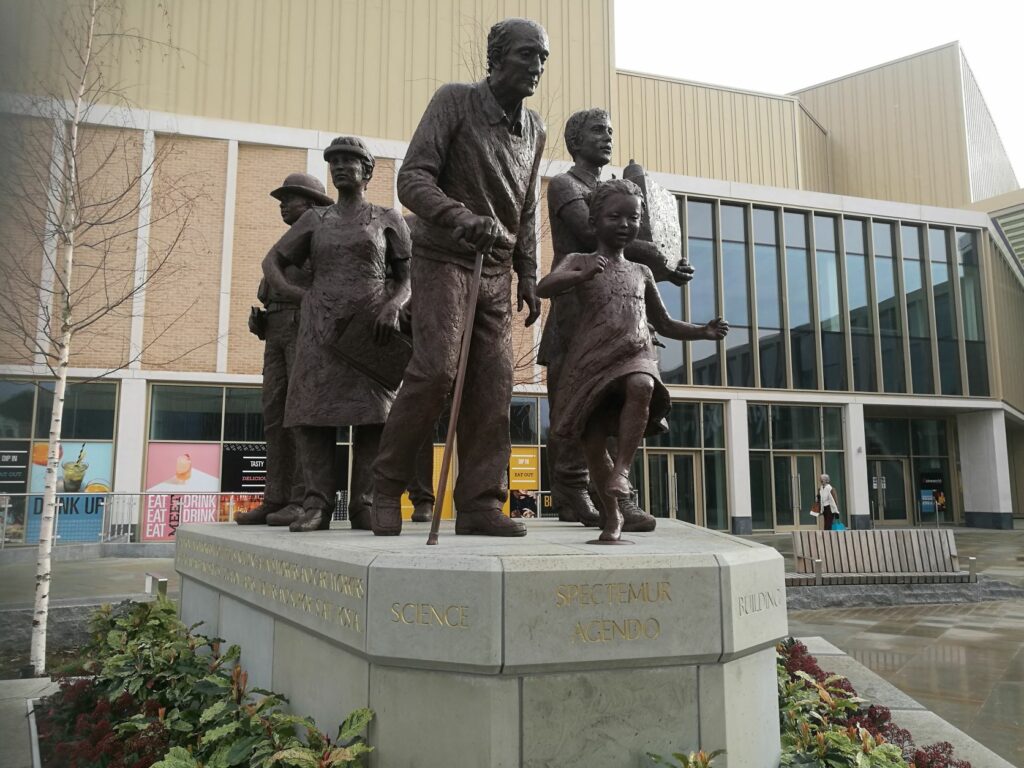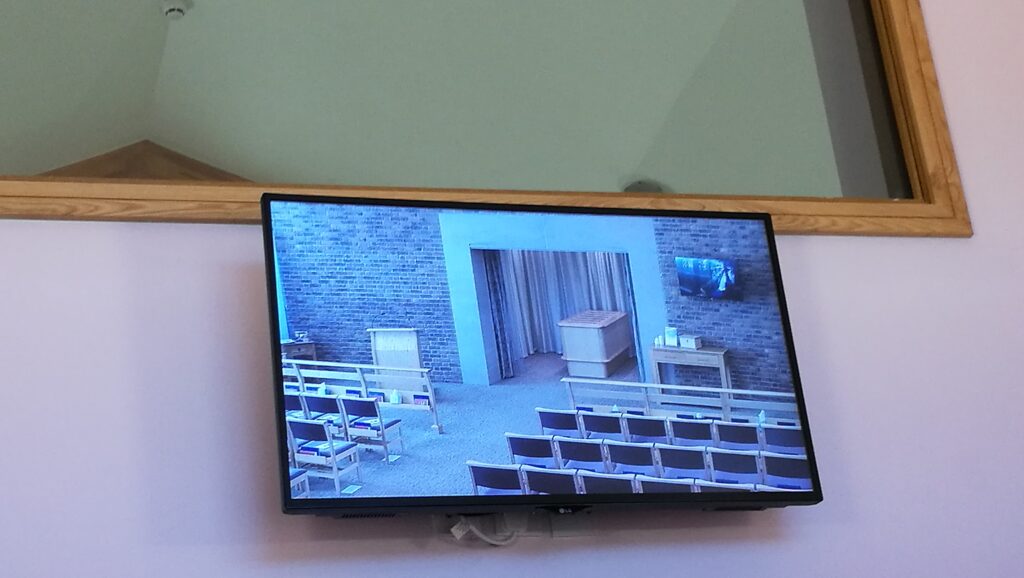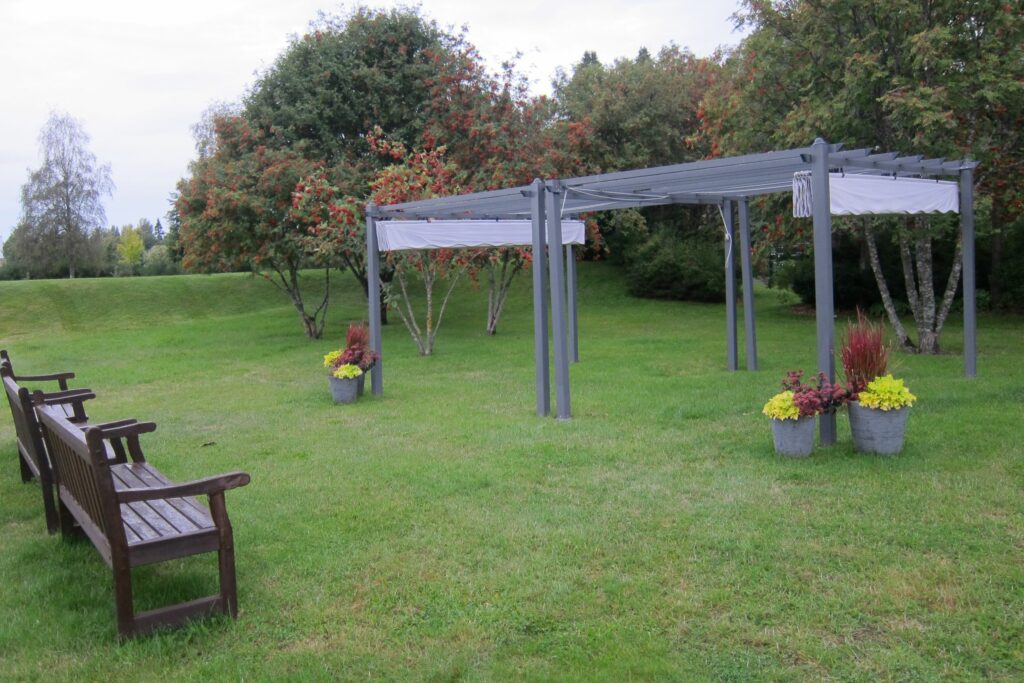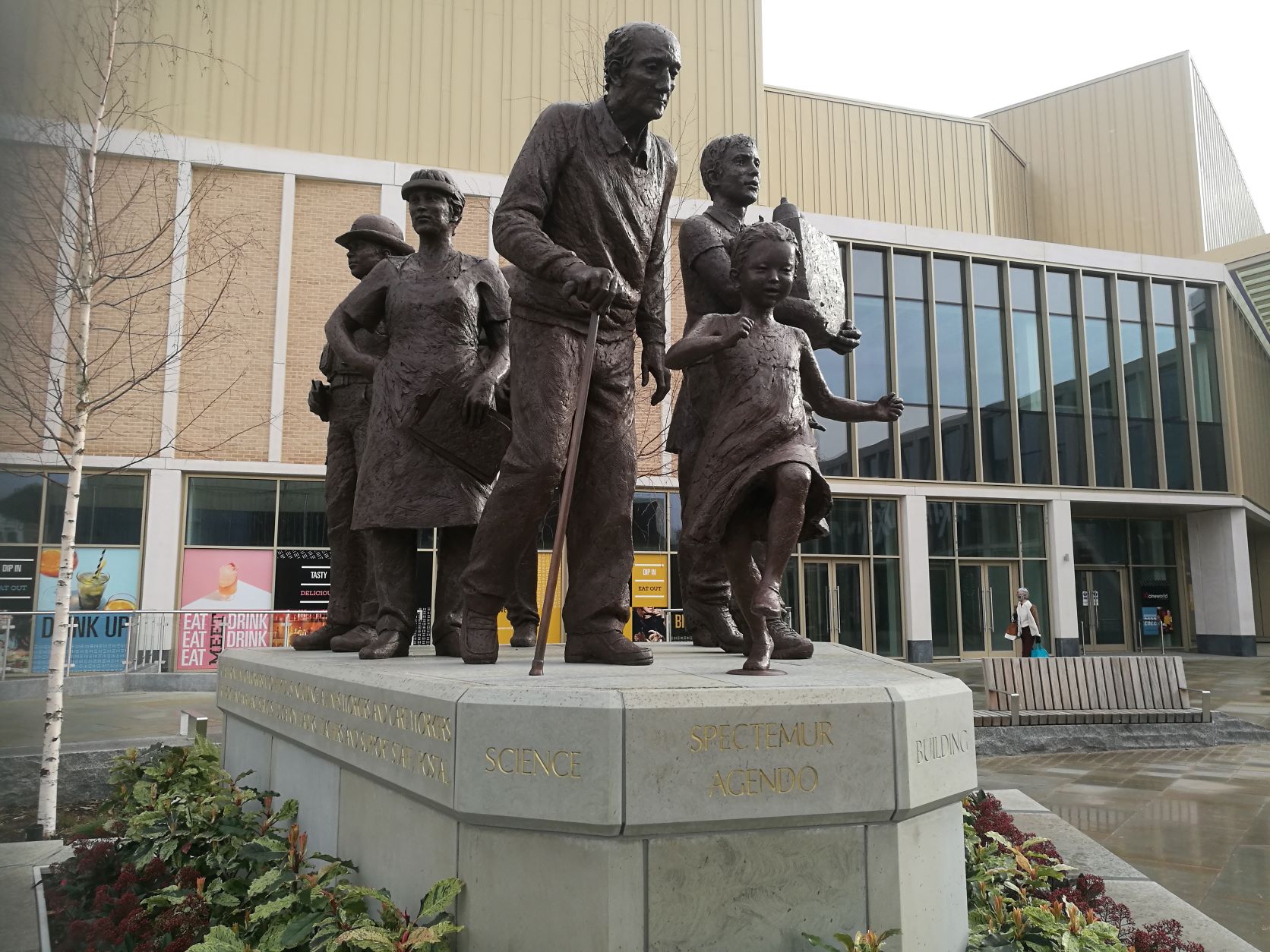Two years on from the World Health Organization’s declaration of the Covid-19 global pandemic on 11 March 2020, this anniversary has been overshadowed by the Russian invasion of Ukraine. It is right to focus attention on the war and its impacts in Ukraine and the resulting socio-economic and geopolitical shifts on the world stage, but it is also important that we do not lose sight of crucial insights and lessons from the pandemic – which is far from ‘over’, either locally or internationally.

As an international research team, we experienced many of the impacts of the pandemic – including researchers and/or members of their families contracting Covid (before and after vaccination), death caused by Covid, and numerous other family bereavements shaped by pandemic restrictions on travel and household mixing.
But the effects of the pandemic have not been even, and death figures show that Covid-19 has had a disproportionate impact on ethnic minorities in European countries. This has been attributed to various causes including the overlapping effects of housing and income inequalities, and the high health risks faced by key workers (in health and social care, supermarkets, police, deliveries, schools, funeral services, etc.), especially in the early stages of the pandemic before the vaccines were developed.
Additionally, while many of us felt excluded from normal mourning processes such as attending funerals and the typical practices of giving support and comfort, some minorities were further marginalised by the introduction of uniform public health restrictions in cemeteries and crematoria – and for communal rituals before and after the funeral, such washing the corpse and ongoing remembrance rites.
Within the CeMi project we were able to move some activities online, and we pivoted to address our research questions in the light of the pandemic and its effects including learning from our research participants about their own responses to the challenges of the pandemic.
At the outset of the pandemic, our project, data collection and planned public engagement activities were all brought to an abrupt halt. We immediately sought to share relevant findings from our own work with project partners and the international funerary sector, and published a widely read blog on diverse funerary needs across multicultural Europe during the Covid-19 crisis, which was published in English, French, Dutch and Swedish.
In the blog we stressed the insights from our research:
- the value of digital links to funerals for those unable to attend – whether through established video relay systems (illustrated below at a UK crematorium) or ad hoc live streaming on a phone via Facebook or similar platforms
- the importance of ensuring appropriate cemetery and crematoria arrangements and funeral rites for different faith groups at a time when public health restrictions necessitated direct burials and cremations or highly restricted funerals
- the value of a library of pre-recorded materials at cemeteries and crematorium, such as diverse sacred and secular music, prayers, chants, poems etc.
- the usefulness of pre-prepared graves to meet both specific local faith groups and whole community needs (e.g. pre-dug graves oriented to Jerusalem and to Mecca).

It was clear that, as with many other parts of our lives during lockdown, digital connectivity for funerals became a widespread norm, albeit often relying on ad hoc IT equipment and social media platforms. When and where possible, local faith group clergy and volunteers worked together with public health agencies and the funerary sector to be able to fulfil their religious obligations to their dead, e.g. using outdoor gazebos for ritual washing and preparation of the dead. Outdoor ceremonial areas, typically developed prior to the pandemic for Muslim rites, were more widely used and replicated, initially in temporary formats (see improvised covered pergola and seating arrangement below in a Swedish cemetery). These innovations are likely to be integrated into provision at cemeteries and crematoria in future.

On this second anniversary of the global pandemic, attention turns to appropriate memorialisation of those lost to Covid-19, and it is vital that any such memorials represent and are inclusive of those minorities who have been most heavily affected. The now-iconic mural of hearts that make up the National Covid Memorial Wall at Westminster, and the Barnsley Covid-19 memorial ‘Reverence’ (see below), are both part of wider remembrance projects and serve as examples of community consultation, participation and expression.
These memorials stand as a witness to those who died during the pandemic and sacrifices made by key workers, but are also a reminder of the necessity of a public inquiry into the preparedness and management of the pandemic at governmental and institutional levels. Addressing endemic socio-economic inequalities and ensuring better readiness for future crises would be the ultimate memorial to those who died from Covid-19.
Professor Avril Maddrell from the Department of Geography and Environmental Science is Project Leader of the European project, Cemeteries and Crematoria as public spaces of belonging in Europe – CeMi for short – which focuses on migrant and minority cultural inclusion, exclusion and integration. CeMi started in July 2019, is funded by Humanities in the European Research Area (HERA) and is made up of a consortium of 12 colleagues studying 8 case-study towns/municipalities across 6 European countries. https://cemi-hera.org/

